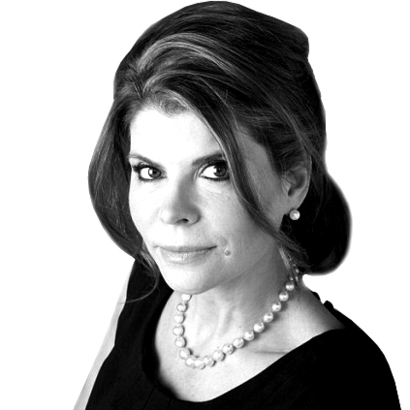On May 6, England will be thrown back into royal-mania as the coronation of King Charles III takes place at Westminster Abbey. The Archbishop of Canterbury will conduct the ceremony in front of 2,000 guests.
Half a year has passed since the world watched the unforgettable pictures coming out of England as the country mourned the death of Queen Elizabeth. Who can forget the sight of the Queen’s coffin as it slowly proceeded from Scotland to London and on to its final resting place at St. George’s Chapel, in Windsor Castle?


